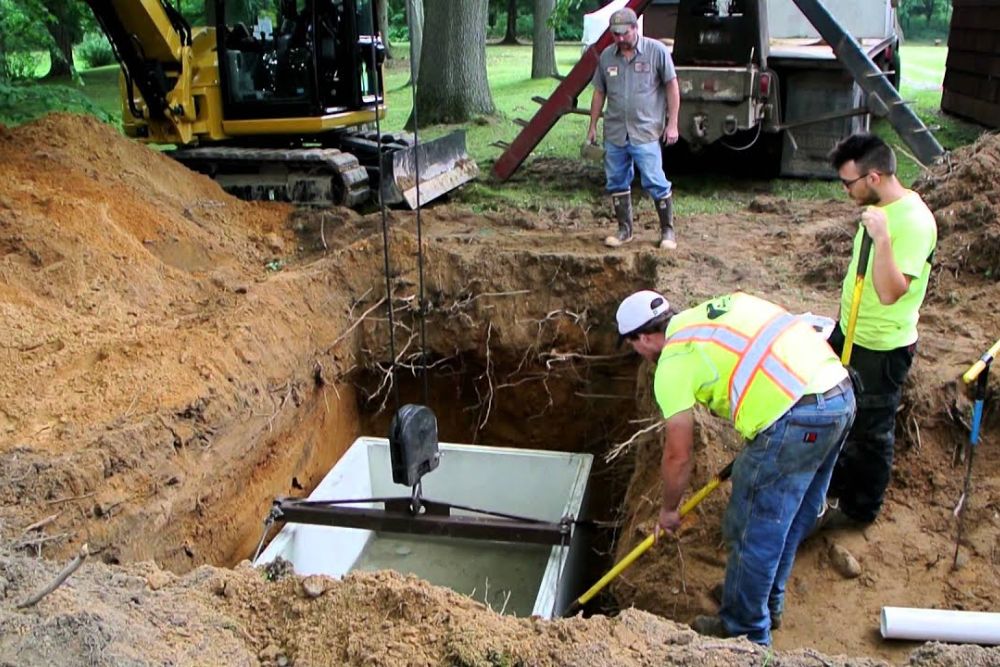Sewer jetting is a vital method used in plumbing and wastewater management to clean and maintain sewer lines. This process involves using high-pressure water jets to remove blockages and buildup from pipes, ensuring a smooth flow of wastewater. In this article, we will explore what sewer jetting is, how it works, its benefits, and when you should consider this service.
Understanding Sewer Jetting
What Is Sewer Jetting?
Sewer jetting, also known as hydro jetting, is a professional plumbing technique that utilizes a specialized machine to blast high-pressure water into sewer lines. This powerful water stream effectively breaks down and removes various types of debris, including grease, roots, and other blockages that can hinder the flow of wastewater.
How Does Sewer Jetting Work?
- Inspection: Before the jetting process begins, plumbers typically conduct a thorough inspection of the sewer lines using a camera. This allows them to identify the location and nature of the blockage.
- Preparation: The plumber will prepare the area, ensuring that any necessary access points to the sewer line are clear.
- Jetting Process: A high-pressure hose with a specialized nozzle is inserted into the sewer line. The machine generates water at pressures ranging from 1,500 to 4,000 psi, propelling water into the pipes. The nozzle can be adjusted to create various spray patterns, effectively breaking apart blockages.
- Flushing: The high-pressure water not only clears blockages but also flushes away debris, ensuring a clean pipeline.
- Final Inspection: After jetting, another inspection may be conducted to verify that the pipes are clear and functioning properly.
Benefits of Sewer Jetting
1. Effective Cleaning
Sewer jetting is one of the most effective methods for clearing stubborn clogs and buildup. Unlike traditional methods that may only displace debris, jetting thoroughly cleans the interior of pipes.
2. Preventative Maintenance
Regular sewer jetting can help prevent future blockages, reducing the likelihood of costly repairs. By maintaining clean pipes, homeowners and businesses can avoid emergency situations caused by sewer backups.
3. Environmentally Friendly
Since sewer jetting uses only water and no harmful chemicals, it is an environmentally friendly option for clearing clogged sewer lines. This makes it a safe choice for both residential and commercial properties.
4. Cost-Effective
Although the initial cost of sewer jetting may be higher than traditional cleaning methods, its long-term benefits can save property owners money. Preventing future blockages means fewer repairs and less disruption to daily activities.
When Should You Consider Sewer Jetting?
Signs You Need Sewer Jetting
- Frequent Clogs: If you find yourself dealing with frequent blockages, it may be time for a thorough cleaning.
- Slow Drains: Drains that are slow to empty can indicate buildup in the pipes.
- Unpleasant Odors: Foul smells emanating from drains can suggest trapped waste or decay in the sewer lines.
- Backups: If wastewater is backing up into your sinks or toilets, immediate attention is needed to prevent further damage.
Frequency of Sewer Jetting
The frequency of sewer jetting can vary based on usage and the type of property. Generally, it is advisable to have your sewer lines jetted every 1-3 years. However, properties with heavy usage or older plumbing systems may benefit from more frequent service.
Conclusion
Sewer jetting is an essential service for maintaining the health and efficiency of your plumbing system. By utilizing high-pressure water to clear clogs and buildup, sewer jetting provides a thorough cleaning that traditional methods cannot match. If you’re experiencing issues with your sewer lines, consider scheduling a professional sewer jetting service to keep your plumbing running smoothly.


